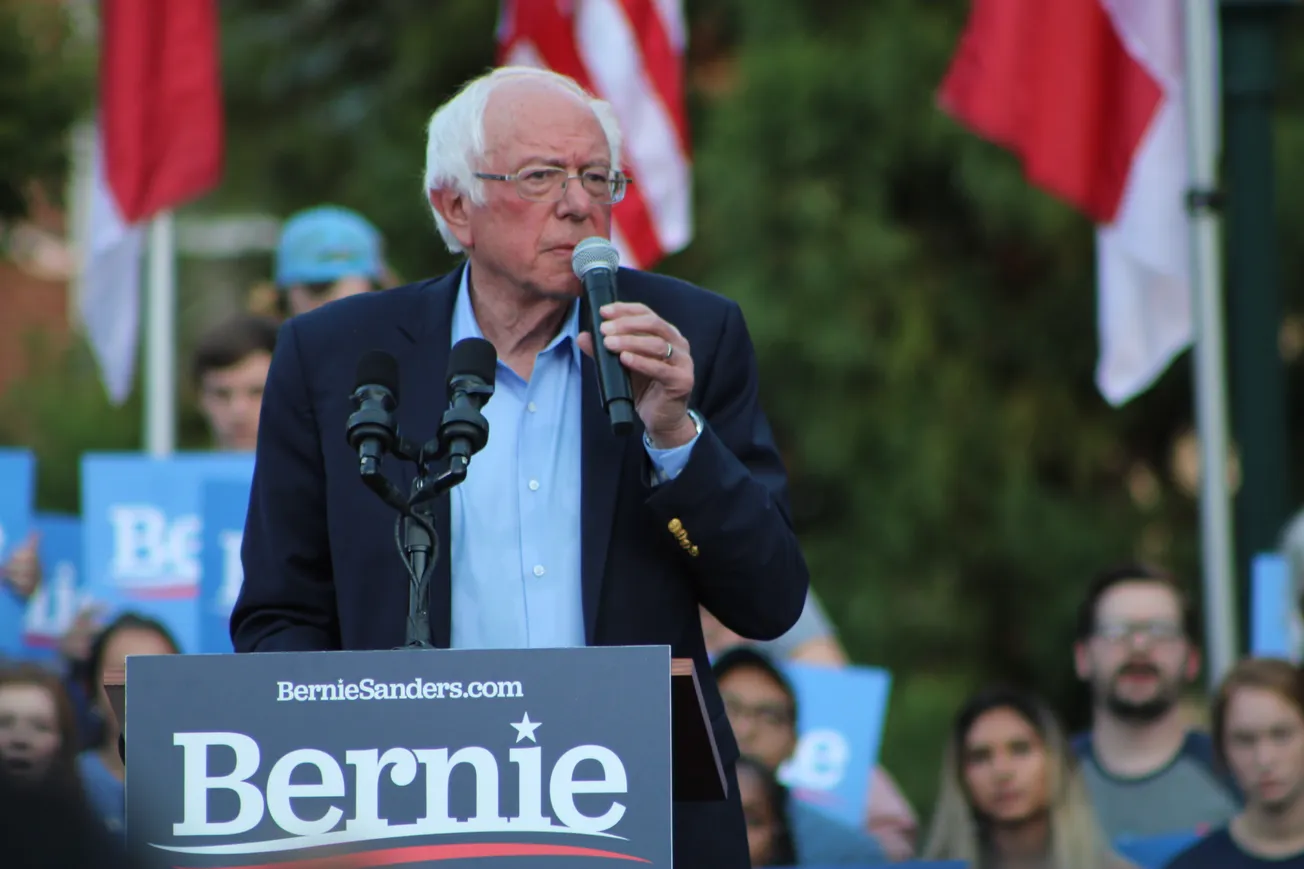Table of Contents
I volunteered for Bernie Sanders for about nine months during the 2016 Democratic primary elections, working almost ten hours a week to support his grassroots campaign. I handed out flyers, organized phone banks, held debate watch parties, helped open his campaign headquarters in Pittsburgh, and even traveled to Ohio from my native Western Pennsylvania.
Bernie stood out as an honest man in a field of politicians who had made promises to the working class that they never kept. He was someone who cared about people like my family, the middle class of the rust belt.
While I entered the political scene as a liberal, I came to increasingly distrust the Democratic establishment. After all, Democrats had been in charge of inner-city communities like mine and, year after year, candidate after candidate, they had fallen short of keeping their promises.
Hillary Clinton was another one of these Democrats who neglected the rustbelt. Politicians like her took us for granted, called us their “blue wall.” Hillary focused her attention on larger, richer areas for fundraising, sidelining states like Pennsylvania. Early in the primary, a number of my fellow volunteers were unsure who they would vote for if Bernie did not receive the nomination. Many would go on to vote for Hillary. However, a number of us would vote for Jill Stein or Donald Trump.
While we may disagree on solutions to the problem, the simple fact is that middle class Americans, of all races, are struggling. In my region, the middle class is disappearing. Factories are closing, and jobs in nearly every sector are being decimated by automation. Someone needed to acknowledge the reality for what it was instead of writing off any concern as racism or some kind of neo-luddism.
Yet many Democrats stayed silent, displaying the kind of arrogance common in coastal states where limousine liberals think they know what is best for the other half of the country better than we do ourselves. Since Trump became president, this smug self-righteousness has only increased. While average middle class Americans struggle to pay their bills, Democrats indulge in debates about the legality of plastic straws, free health insurance for illegal immigrants, confiscating guns, and packing the Supreme Court with liberal justices.
After Trump’s inauguration, my political affiliation began to shift. While I vehemently opposed some of his policies, I whole-heartedly supported others. His tariffs against China have had mixed effects, yet he has achieved record job growth and a growing economy. Ultimately, I came to realize that the true cause of my discontent was the federal government, a government that has continuously left the people of my region behind.
Why would I advocate for the dramatic expansion of the federal government when I disagreed with so many of its policies? I opposed many of the U.S.’s foreign interventions, the drug war, and mass surveillance. Eventually, I found a political home in libertarianism. Now, as a libertarian, I often rail against many of the policies I staunchly advocated for in 2016.
Looking to the 2020 election, I struggle to find a Democratic presidential candidate that addresses the concerns of the average American. The party continues to neglect voters in my region. Meanwhile, Trump reiterates the fact that wages are rising, and the economy is booming. At this point it does not matter what effect Trump’s policies are having on the rust belt, because he is one of the only candidates that even addresses the issues of the region.
If Democrats continue to ignore the rust belt, Trump will likely win Pennsylvania, Ohio, and Michigan again. Democrats must focus on bringing economic prosperity back to the rust belt, rather than on policies that are both trivial and costly to middle class Americans.
Image Source: Photo taken by Jackson Lanier.









